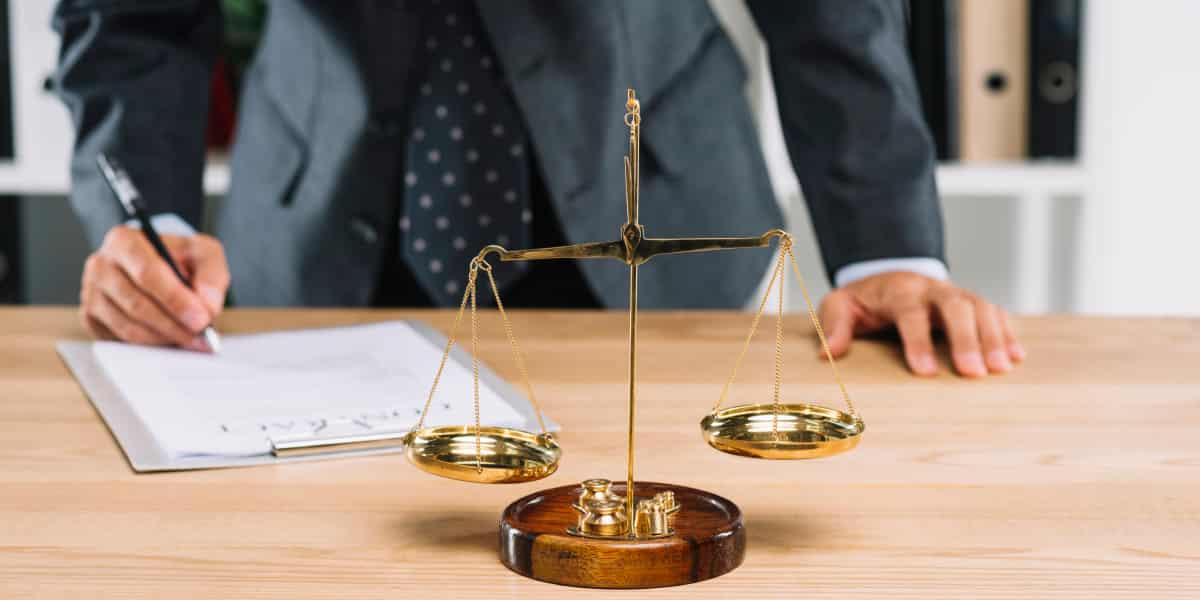A will is a legal document which outlines how your assets will be distributed and divided following your death. It is important to have a will as it prevents your property and assets from being distributed in a manner not to your preference following your death. However, when you make your will, you must have someone witness it.
A will is valid when the testator, the individual who it concerns, has understood and approved the will. The testator must sign their will in the presence of 2 or more witnesses present at this time. At least 2 of those witnesses must confirm that the testator signed. They must sign the will in the presence of testator, but not in the presence of one another. Your will is carried out by an executor, whose primary duty is to collect the assets and distribute them to your nominated beneficiaries. These are the individuals who are listed in your will to receive your assets.
The criteria for who can witness your will is:
1. They must be an adult
The law states that a witness must be a legal adult, meaning that any individual under 18 cannot legally witness your will.
2. They cannot be a beneficiary of your will
If beneficiaries act as witnesses, their share of the will would be void under Australian law. Interested parties listed in the will, such as family members and executors, could unfairly influence the testator’s will. This rule is known as the Witness-Beneficiary Rule.
Example
David has listed his daughter, Sally, as the sole beneficiary to his will. He has drafted it and wants her to be the witness. If he does this, the will won’t be valid. David gets his family solicitor to witness the will instead.
3. They must be able to see
A blind person is unable to act as a witness for a will. This is as the witness must be able to attest that the people signing have been correctly identified. Additionally, the witnesses do not need to know they are signing a will.
It is important that you consider these requirements when selecting witnesses for your will. Your will allows you to distribute your property and assets to your loved ones after your death, which is why it’s important to ensure that it’s legally enforceable. If you require any assistance in writing a will, you can refer to our article on How do I make my will or you can contact an estate planning lawyer.







